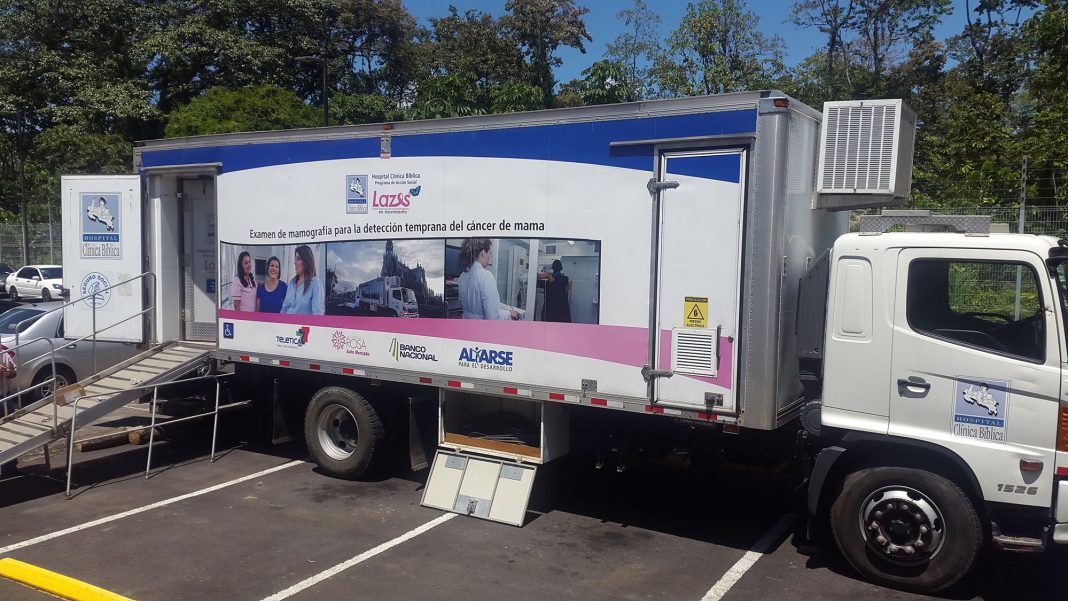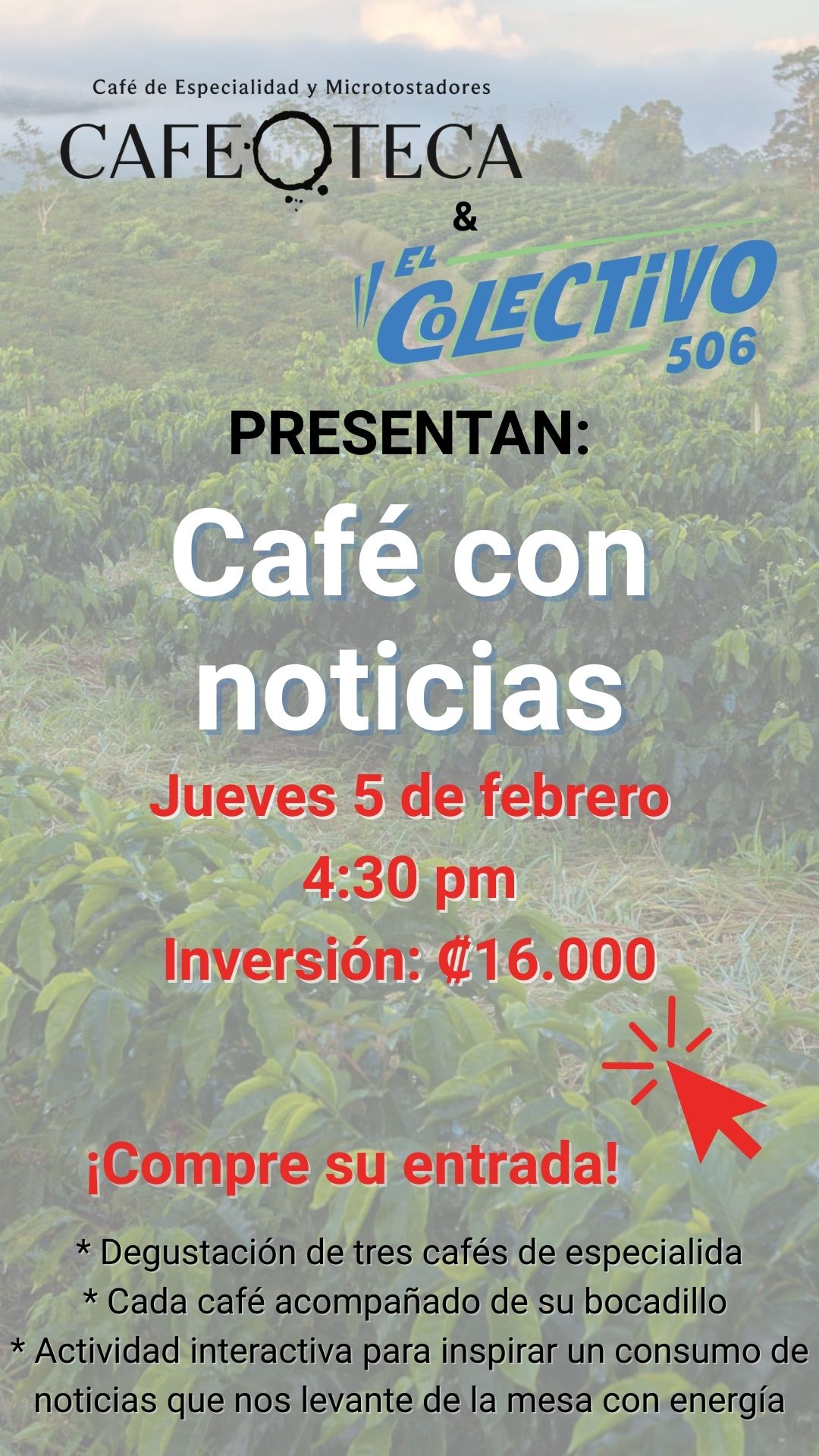The waiting room was a very cheerful place that day. It was full of women from the Barra de Parismina community, on the northern Caribbean coast. To get to the Siquirres Comprehensive Health Care Center (CAIS), they’d been traveling since dawn: first by boat, and then by bus. We had arranged their appointments all on the same day, so they could keep each other company. At the end of their appointments, thanks to coordination between the group and the local Basic Primary Care Team (EBAIS), there was transportation waiting for them to take them back to the dock.
The reason for this trip that they made with such joy? They came to Siquirres for their mammograms, an appointment that would normally be very difficult to obtain and would take place in a hospital. Like them, hundreds of other women from the canton of Siquirres had this opportunity.
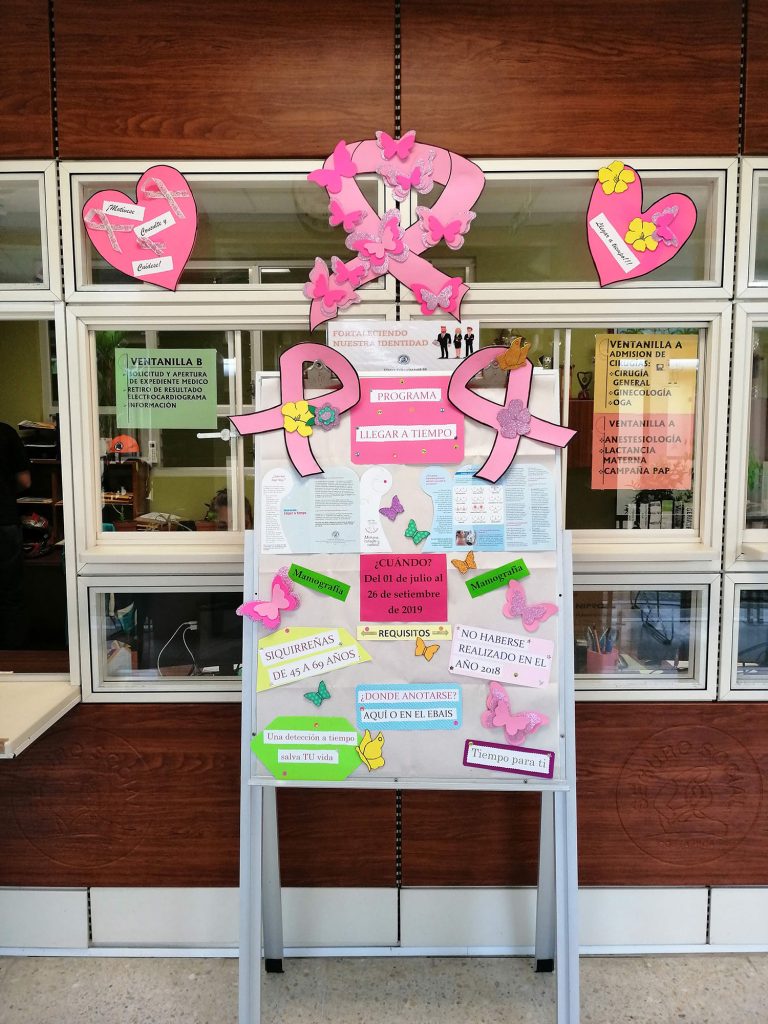
Siquirres is canton number three in the province of Limón, with an approximate population of 63,000 inhabitants. The CAIS attached to the Health Area of the Costa Rican Social Security Fund, where I work in the Department of Health Records and Statistics, has a record of working on projects that generate a positive impact on the population. The CAIS is made up of 19 EBAIS—again, these are primary care teams responsible for community health care— that are located in areas far from the main urban center; in addition to serving the community where they’re located, these teams also visit 23 other communities. These periodic visits serve more than 40 communities in the Limón area.
In 2018 and 2019, these communities benefited from the mammogram campaign carried out on the mobile mammogram machine belonging to the public-private alliance ALSALUS. During this campaign, women from the Matina de Bataan and Guácimo areas—cantons in the province of Limón that are outside of our CAIS coverage area but are assigned to us as overload locations—were also served.
From the moment that the Health Records and Statistics (REDES) staff learned that we would be part of the process, we began the task of organizing and coordinating the process. This involved our colleagues from EBAIS so that users could sign up locally rather than having to travel to the CAIS to obtain their place on the screening list. We worked with colleagues from the Computer Management Center to create and use technological resources accessible from all medical care points; this REDES to register the appointment so that women could leave the EBAIS with their mammogram invitation ready to go.
For women in Matina and Guácimo, we coordinated with REDES headquarters to get the list of women and then with our coworkers from the Transportation office, who delivered the invitations personally.
In addition to this, we worked to set up temporary waiting rooms beside the mobile unit, electrical connections, laundry services for hospital clothing to be used during the procedure, and other resources. Everything was ready to receive our guests.
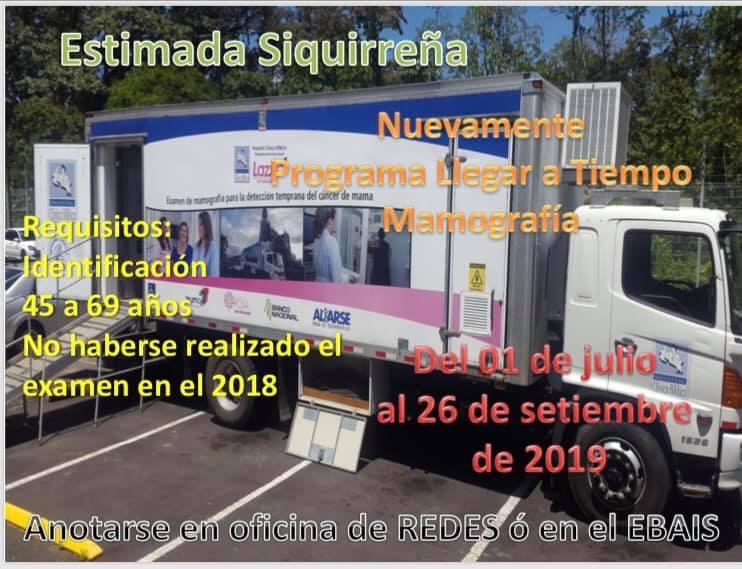
El personal de REDES, de administración, farmacia y miembros de Junta de Salud, se encargaron de recibir y asesorar a las usuarias invitadas. Durante el tiempo que permaneció la campaña se llamó a las señoras para hacer recordatorio de la cita y en el caso que no podían asistir se les cambió la fecha.
Our REDES staff, administration, pharmacy workers, and members of the Health Board were all in charge of receiving and advising the women who attended. During the course of the campaign, we called each woman to remind her of her appointment and make any necessary changes.
This work was very tiring, but watching the women get ready for the procedure, and seeing the happiness on their faces that came from knowing that they did not have to travel to the hospital for the exam—even being able to support and reassure a woman who was scared—brought us so much satisfaction. What we achieved fills me with pride. Writing about this experience even gives me new ideas that I hope to be able to implement if we have the opportunity to develop more campaigns. I am sure that my colleagues will be just as committed to the project.
I also know that it was important for the community because of the positive comments we received. The project included the delivery of the result through an appointment at the EBAIS, and with the Pain Clinic and Palliative Care service for special cases, as well as coordination at the hospital level if necessary.
The process was an emotional one from the first moment we were informed that the Health Area would be part of this project, preparing the invitations and appointment systems, learning about the results obtained and the number of mammogram results delivered. All of this makes us think that this project—and the alliance between my institution and the other members of ALSALUS—was, and is, one of the best decisions we’ve ever been a part of.
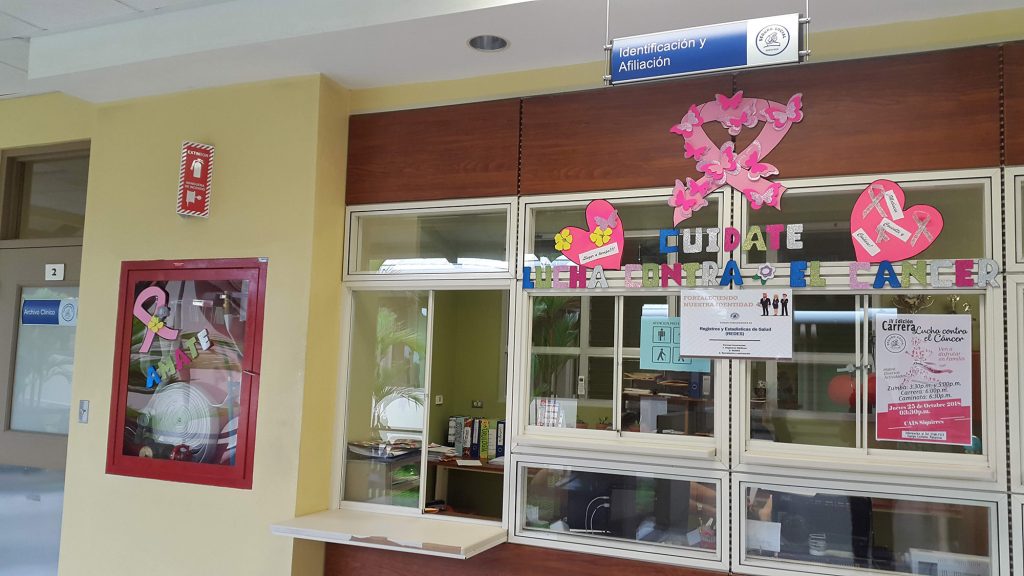
“Alsalus: Alianza por su Salud” has supported the solutions journalism of El Colectivo 506 related to the issue of cancer in Costa Rica. Read more about the Alliance here.


